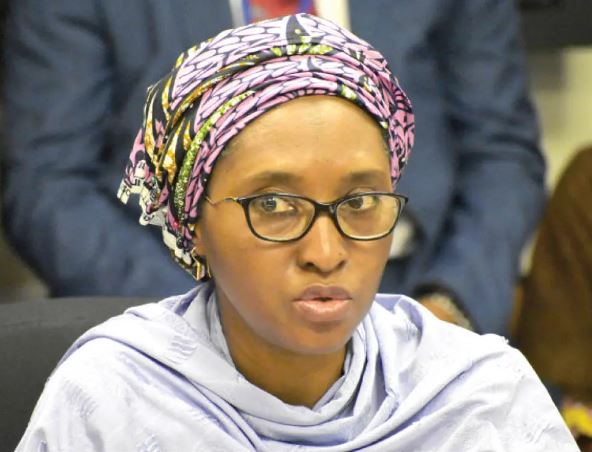The humongous amount of money Nigeria has borrowed in 20 years has been revealed.
Nigeria has borrowed N225.93 trillion in the last 20 years, which is nearly double the N114.464trn it earned within the same period, an official publication has revealed. Experts who spoke to Daily Trust described the situation as worrisome for a largely oil-dependent economy.
According to the 2021 Statistics Bulletin on Public Finance of the Central Bank of Nigeria (CBN), published May 2022 and obtained by our reporter, the revenues and debts were to the federal government, the 36 state governments and the 774 local government areas, from 2001 to 2021.
How govts’ shared N114trn earnings
Our analysis of CBN’s financial record showed that from the N114trn, the federal government got N50.020trn, the states got N31.147trn and local government areas got N23.625trn.
However, the balance of N9.670trn was freed up as a 13 per cent derivation fund, which is for the oil-producing states – Delta, Akwa Ibom, Bayelsa, Rivers, Edo, Ondo, Imo, Lagos and Abia – as enshrined in section 162 sub-section 2 of the Nigerian constitution to assist their oil-producing communities in tackling environmental pollution and degradation. Reports show that Akwa Ibom, Rivers, Bayelsa and Delta States produce 95% of the oil in Nigeria.
Further analysis showed that the three tiers of government got the highest revenue of N8.515trn in 2013 under former President Goodluck Jonathan when oil sold at an average $98 a barrel; and N8trn in 2018 under President Muhammadu Buhari, when the average oil price was $71.34 per barrel. The average yearly fund has been around N5trn, with N7.751trn coming in as at December 2021.
Nigeria’s N225trn debt in 2 decades
However, the three tiers of government accumulated a combined debt portfolio of N225.943trn, nearly doubling their revenues in the two decades. These debts comprise N142.413trn domestic borrowing and N83.529trn external borrowing.
On the N225trn cumulative domestic debt, the largest chunk of borrowing came through the Federal Government of Nigeria’s (FGN) bonds with N92.925trn debt since its start in 2003. Next were treasury bills of N38.458trn. The governments also raised N6.526trn from treasury bonds; got N2.861trn from promissory notes.
With a declining crude oil price starting from 2014, petrol subsidy and a higher debt profile, the federal government began to look for more debt instruments. It eventually initiated the Sukuk, green bond and saving bond to raise revenue by way of domestic debts.
Daily Trust analysis further illustrates this as the government raised N1.475trn from FGN Sukuk introduced in 2017. Debt from the FGN green bond was N98.45billion and debt from the FGN savings bond was N59.34bn since 2017 when the two funding instruments were first issued.










